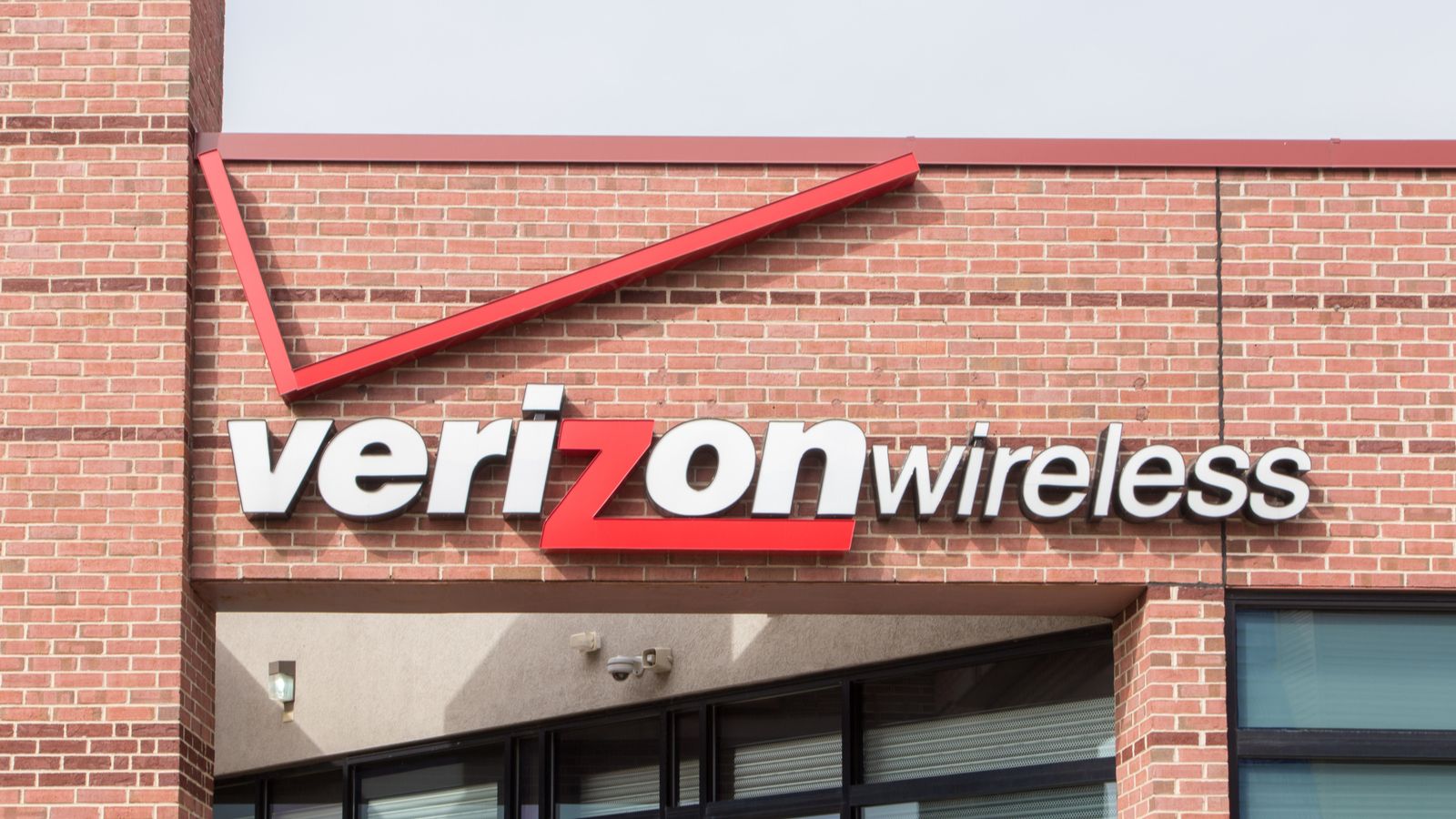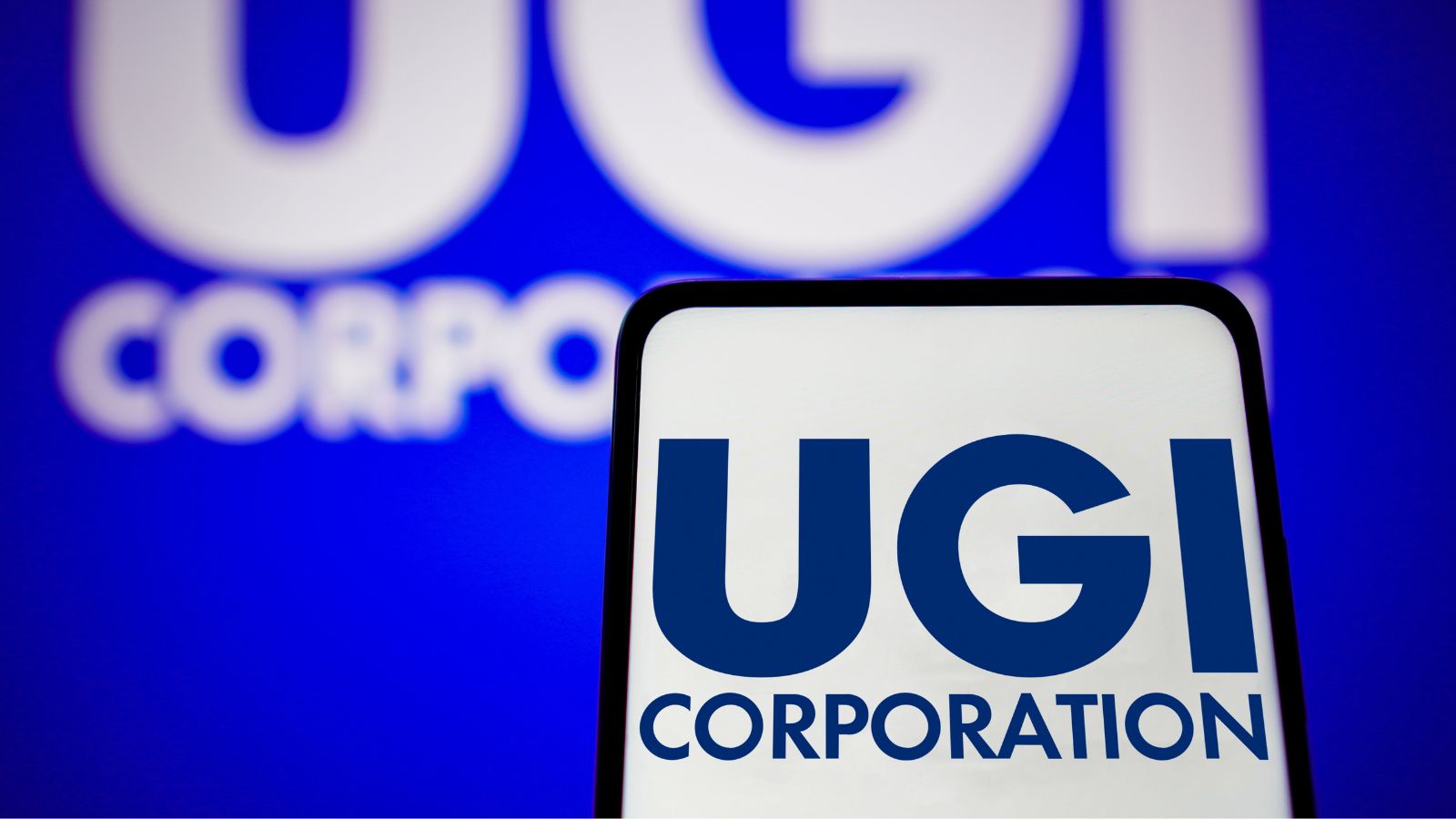In retirement, people want steady streams of income. Social Security provides a reliable source to pay the monthly bills. But you will probably need more to cover all your living expenses. Retirement plans offer another passive income stream. A third source is equities paying a dividend.
When selecting dividend stocks, it makes sense to stick with safer ones with solid businesses and hold them long-term despite near-term volatility. Warren Buffett’s business partner Charlie Munger has said, “the big money is not in the buying and selling, but in the waiting.”
Below are 4 safe dividend stocks for income for long-term investors. We discuss equities in four different sectors for diversification.
4 Safe Dividend Stocks for Income
International Business Machines

International Business Machines (IBM) has been in the news because it is expanding in artificial intelligence (AI). The firm acquired Apptio for $4.6 billion to beef up its offerings. Also, the acquisitive company acquired RedHat a few years ago to focus on hybrid cloud. IBM’s main products are now hybrid cloud, AI, consulting, and enterprise hardware.
Read More: The 8 Best High Beta Stocks For Traders That Crave Volatility
In addition to size, IBM’s competitive advantage revolves around mainframes, where it essentially has a monopoly. The firm also provides software and consulting for this product. Moreover, mainframes have higher reliability and availability than cloud-based systems. The result is a high market share for global wireless connections, credit card transaction processing, and hotel and airline booking.
Hence, IBM has returned cash to shareholders through dividends. The firm has paid a dividend continuously since 1916. Additionally, IBM is a Dividend Aristocrat with 28 years of rising payments. The stock is yielding ~4.65%, three times the average of the S&P 500 Index. The earnings payout ratio is about 72%, on the high side. But the free cash flow (FCF) payout ratio is only 55%. In addition, IBM is reducing leverage after the RedHat acquisition and has an upper-medium investment grade credit rating.
IBM’s share price is trading at a price-to-earnings (P/E) ratio of nearly 15X. The stock is likely fairly valued. Investors may desire to wait for a lower valuation before buying shares.
Verizon Communications

Verizon Communications (VZ) is an equity we have talked about before. It is one of the largest telecommunications companies in the United States. It is the number two wireless company and a leading player in broadband. By early 2023, the company had 143 million wireless retail connections, split into 114.5 million consumer and 28.8 million business customers. Additionally, the firm had 8.2 million consumer broadband connections, of which 6.8 million are FiOS. Verizon also offers fixed wireline in the Northeast U.S.
Verizon has significant advantages in the telecommunications market because its scale and size lead to operational efficiencies. Furthermore, wireless and broadband technologies and spectrum are capital-intensive by nature. Verizon is one of the few companies that can compete. Next, Verizon’s network quality is viewed positively, resulting in a marketing advantage.
Read More: 11 Best Stocks To Buy Under $5 in August 2023
The share price has flagged for over two years, while the dividend yield has risen to nearly 8%. Because of the high yield, the stock is on the Dogs of the Dow 2023 list. But dividend safety has not been sacrificed. The earnings coverage is modest at 50%, and the FCF coverage is acceptable at roughly 73%. Moreover, the dividend quality grade is an ‘A.’ The balance sheet is rated lower-medium investment grade.
Verizon’s share price decline has made it undervalued from the P/E ratio and dividend yield perspective. We view this stock as a long-term buy for its income and total return potential.
UGI Corporation

UGI Corporation (UGI) is a diversified utility. It operates in four business segments: AmeriGas, UGI International, Midstream & Marketing, and UGI Utilities, covering both the regulated and non-regulated markets. AmeriGas sells and distributes propane to about 1.3 million American and European customers. UGI International sells liquefied petroleum gases (LPG). UGI Utilities provides regulated gas and electricity service to roughly 750k customers in Pennsylvania. The midstream business transports gas.
The utility’s advantage is its diversified business model. The regulated business has a monopoly in its service area and gives a stable revenue and earnings stream. AmeriGas Propane has an extensive distribution network that is difficult to replicate. The subsidiary is the market leader in America, France, Austria, Belgium, Denmark, Luxembourg, and Hungry. That said, the unregulated business causes some lumpiness in revenue and earnings.
The share price has declined because of fears about natural gas regulation and lower pricing in 2023. This has caused the forward dividend yield to climb to over 6%. Also, the stock has paid a dividend for 100+ years and raised it for 36 years, making it a Dividend Champion. But the payout ratio is modest for a utility at about 51.6%. Operating cash flow (OCF) covers the dividend requirement of $306 million.
UGI Corporation is undervalued now, trading at an earnings multiple of around 8.7X compared to the 5-year range of 14X to 20.1X. We view the stock as a long-term buy.
W. P. Carey

The last stock on our list is W. P Carey (WPC), a 50-year-old global real estate investment trust (REIT). At the end of Q2 2023, the firm owned 1,475 commercial real estate properties rented to 398 tenants. It also owned 85 self-storage properties. The trust operates in the United States and northern and western Europe.
P. Carey has several advantages related to its size and structure. The firm is one of the largest net lease REITs, letting it build relationships with bigger customers. Next, the net lease structure with built-in escalators lowers risk, mainly because of the long-term rental contracts. In addition, the REIT’s commercial properties are 99% occupied, indicating they are desirable. Finally, W. P Carey is diversified across geographies, property types, and tenants. No single tenant represents more than 3% of rentals, reducing risk.
The firm’s long-term success has allowed it to pay an increasing dividend for 26 years. The forward dividend yield is now 6.4%, below the 5-year average. However, the payout ratio is higher at 80% of funds from operations (FFO). But the REIT maintained and grew the payout during the two most recent recessions, and the long-term rental contracts add some confidence about the dividend. In addition, the dividend quality grade is an ‘A.’
The equity is trading below its price-to-adjusted funds from operations (P/AFFO) range in the trailing 5-years. We view the REIT as undervalued and attractive for long-term investors.
Disclosure: Long IBM and VZ
Disclaimer: The author is not a licensed or registered investment adviser or broker/dealer. He is not providing you with individual investment advice. Please consult with a licensed investment professional before you invest your money.
Read Next: Best Cheap Dividend Stocks To Buy Now in August 2023


 Tags:
Tags:










